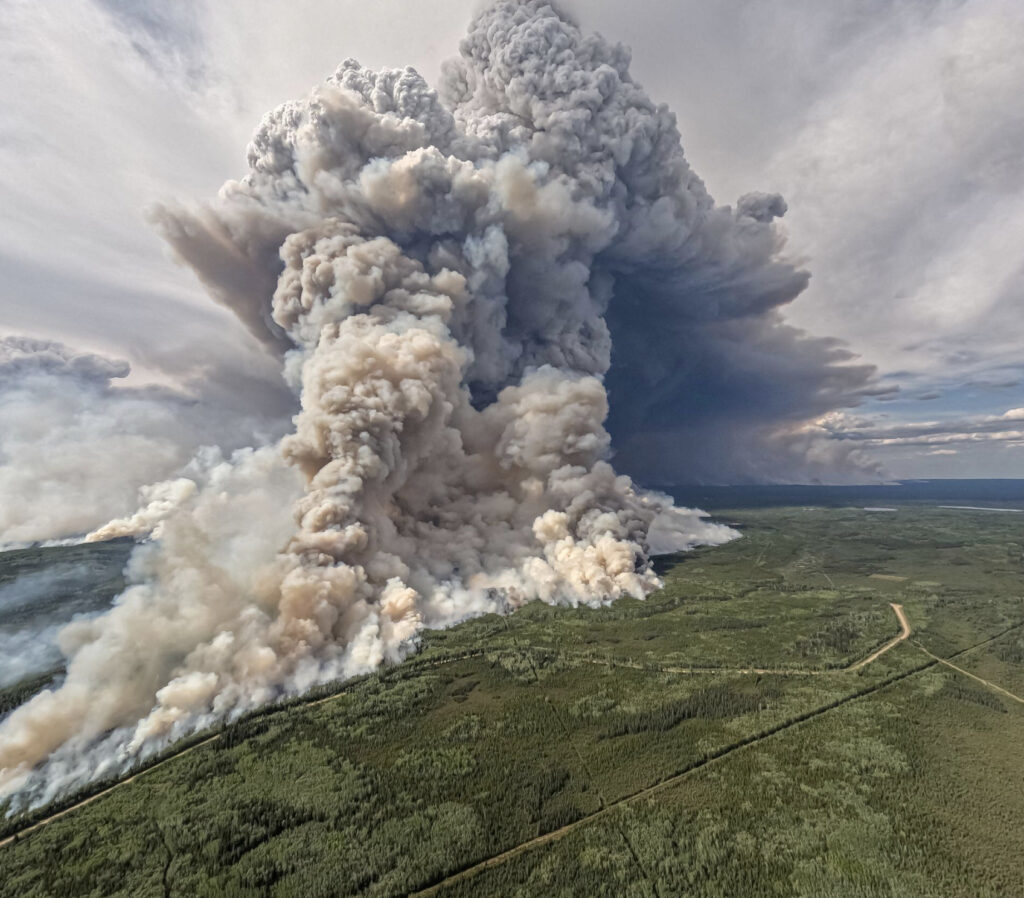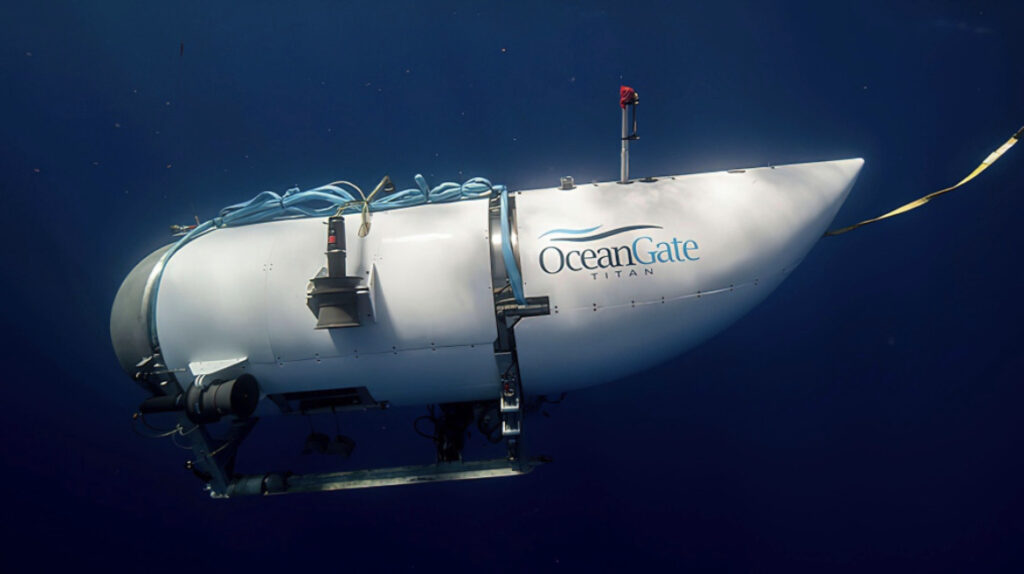By Sam Belton
This year was one of great tragedy; and political, social, and media industry change. Wildfires here at home set the precedent. The face of the mighty and controversial British empire went down in history eternally, resulting in financial and social implications worldwide. We also went searching for tragic history in the Titanic, which resulted in a new tragedy. The continuation of catastrophic conflict occurred with Hamas’ attack on Israel, and the resulting casualties. The media continues to change, as Convergence Magazine so carefully covers. Change in the way we receive our news online, a large entertainment program cancellation, and the loss of jobs for many at the CBC, are all indicators of great change to which journalists must adapt.
Canadian Wildfires

Starting March 1, and getting worse over the following months, wildfires in Canada affected every single province and territory. Six deaths have occurred, and over 150,000 people, as of July, have evacuated their habitations as a result. Access to emergency information, for example, in the Northwest Territories, was crucial, including things such as flights, road access, and places to stay. But despite pleas, Meta refused to allow news links to be shared to social media for residents’ easy access. Although there were ways around this, it increased anxiety.
King Charles III Coronation

On May 6, Charles III and his wife Camilla were crowned at Westminster Abbey. Various people from the Church of England and the British royal family declared their allegiance to him. In contrast, 52 anti-monarchist protesters were also arrested that day. More than 20 million viewers, at the peak, watched it on television. But that was far fewer than the peak number of viewers who watched his mother’s funeral several months prior, at 9 million more.
OceanGate Titanic Mission

On June 18, OceanGate’s submersible Titan imploded in the Atlantic Ocean with 5 people on board. They all died, including OceanGate’s CEO and co-founder Stockton Rush. The implosion has been theorized to have been caused by the cracking of the vessel’s carbon-fiber hull under the ocean’s pressure. In July, OceanGate deleted all its social media accounts to erase its digital footprint.
Israel-Hamas War

Starting October 7, the Israeli army and Hamas, a Palestinian military group in the Gaza Strip, have been at war. The violence has killed approximately 16,000 people, military and civilian. Hundreds of Israelis have also been taken hostage, and slightly under half have been released. The attack was launched by Hamas because of the blockade of the Gaza Strip, as well as rising violence against Palestinians by Israeli settlers. About 60 journalists have been killed since the war began.
ET Canada Cancellation

On October 6, Corus Entertainment stopped making the entertainment news television show after 18 years. It was produced by Corus in affiliation with CBS Media Ventures, and filmed at Global Toronto. In addition, all its social media and websites were scrapped as well. It closed due to cost in what they called a “challenging advertising environment.” After 2021, TV advertisement revenue in Canada plummeted. This correlates with Canadian news organizations also losing a lot of advertisement revenue in recent years, which is one of the reasons for Bill C-18.
CBC/Radio-Canada Workforce Cuts

On December 4, CBC/Radio-Canada announced it would reduce its workforce size by 10 per cent, among other measures, to counter a $125 million budget deficit. Once again, part of their budget issues are caused by decreasing ad revenue and competition from digital giants. Around 600 currently held positions will be slashed plus 200 vacant ones. However, CBC/Radio-Canada president Catherine Tait said they are trying to protect journalism positions.

